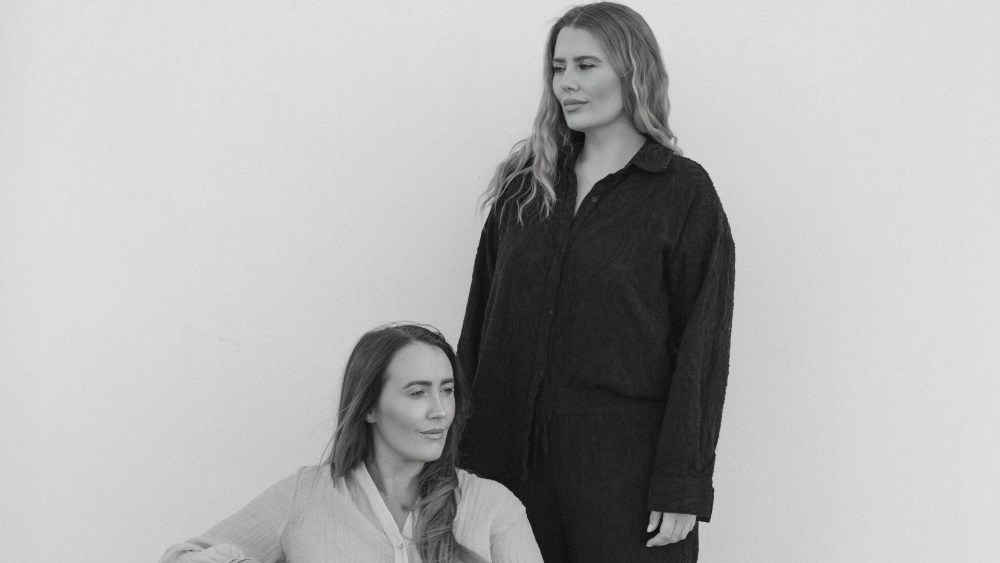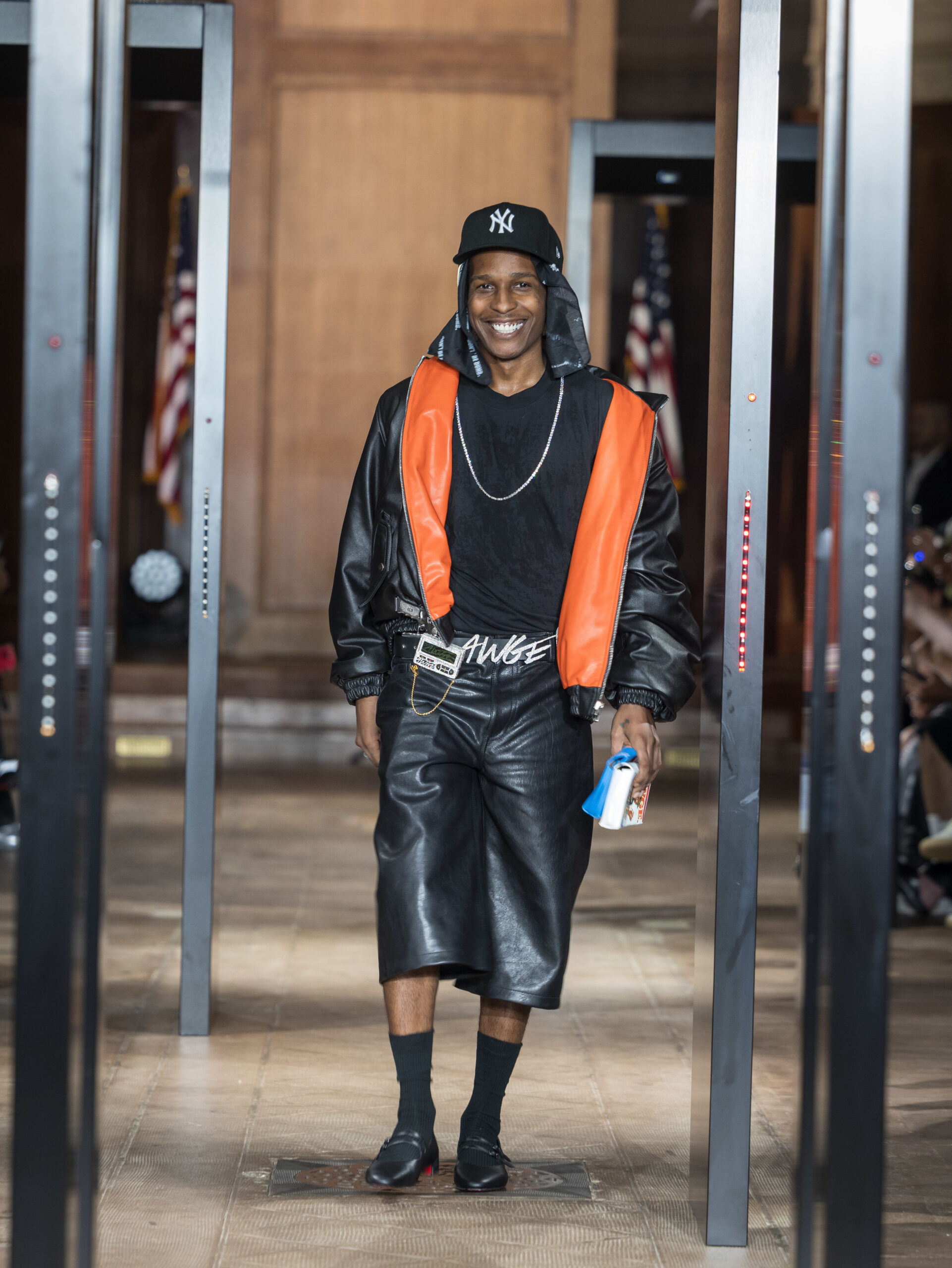ESG Outlook is Sourcing Journal’s discussion series with industry executives to get their take on their company’s latest environmental, social and governance initiatives and their own personal efforts toward sustainability. Here, Mehma Singh, the co-founder and creative director of sustainable fashion brand Reistor, explains how the company prioritizes environmental responsibility, fair labor and conscious consumption at every stage, from fabric sourcing to packaging.
Courtesy
Name: Mehma Singh
Title: Co-founder and creative director
Company: Reistor
What do you consider your company’s best ESG-related achievement over the last 5 years?
We made a decisive shift away from the fast fashion model, transitioning from mass-producing hundreds of thousands of garments to embracing a mindful, sustainable approach. Today, every piece we create is crafted exclusively from eco-friendly materials such as 100 percent hemp, organic cotton and TENCEL™—fibers known for their low environmental impact, biodegradability and minimal water usage. In addition, we are committed to using less harmful, low-impact dyes that reduce water pollution and chemical runoff. Our sustainability journey also includes eco-conscious packaging made from recycled and biodegradable materials.
Socially, we are proud to partner with an NGO that supports women from underdeveloped communities, where 20 percent of our production is carried out. This initiative not only offers these women meaningful employment, but equips them with valuable skills through professional training in garment construction—fostering dignity, independence and long-term empowerment.
We also take full ownership of our supply chain—from sourcing the yarn to selecting every trim—with environmental responsibility at the heart of every decision. This hands-on approach ensures that our materials meet the highest sustainability standards and that ethical practices guide every stage of production.
What is your company’s latest ESG-related initiative?
We are in the process of installing a rooftop solar power system at our corporate headquarters, aimed at significantly reducing our reliance on fossil fuel-based electricity. This transition to renewable energy not only supports our broader decarbonization goals but also reinforces our dedication to integrating sustainable practices into the core of our operations. This initiative reflects our belief that sustainability begins at home—and that lasting impact is achieved through thoughtful, measurable action.
What is the biggest misconception consumers have about sustainability in fashion/accessories?
One of the most persistent misconceptions surrounding sustainability in fashion is that it is inherently expensive and out of reach for the average consumer. At our company, we are committed to challenging this narrative by making sustainable luxury both accessible and inclusive. Our mission is to democratize conscious fashion—offering beautifully crafted, environmentally responsible products at price points that reflect both quality and fairness.
We achieve this by adhering to a model of sustainable profitability: we carefully cost each product to balance ethical sourcing and craftsmanship without inflating prices. Additionally, we avoid overproduction by creating only what is needed—reducing waste, conserving resources, and ensuring each piece retains its value and purpose.
Another common myth is that sustainable fashion is limited in aesthetic appeal—often perceived as overly simplistic, oversized or lacking in variety. Our collections are designed to debunk that belief. Sustainability does not mean compromising on style—in fact, we believe it enhances it by encouraging thoughtful, lasting design.
Through transparent communication across our digital platforms, product storytelling, and ongoing dialogue with our community, we continue to educate and inspire consumers—showing that sustainability and sophistication can go hand in hand.
As consumers become more aware of worker conditions and how clothing is produced, how can the industry best spread the word on progress?
The fashion industry has a vital responsibility—not only to improve working conditions but to communicate those efforts with honesty and clarity.
One of the most meaningful ways we support this belief is by ensuring that every tailor in our supply chain is paid above industry standards and well beyond the stipulated minimum wage. Unlike mass production models that often prioritize scale over ethics, our decision to produce in smaller, more intentional batches allows us to pay a premium for craftsmanship—rewarding skill, precision, and dedication with fair, dignified compensation.
But it’s not just about wages; it’s about respect. By fostering long-term relationships with our production partners, many of whom come from underserved communities, we build a culture of trust, transparency and mutual growth. As an industry, we must spotlight these practices—through storytelling, open dialogue, and third-party verifications—to inspire a shift from token sustainability to systemic change. When consumers are invited into that journey, they become powerful allies in the movement toward a more equitable and humane fashion future.
What do you consider to be the apparel industry’s biggest missed opportunity related to securing meaningful change?
The widespread fast fashion model, built on speed and mass production, has fostered a culture of overconsumption, waste, and a disregard for the true environmental and social costs of clothing. While the model has brought affordability and accessibility to the forefront, it has also inadvertently devalued the craftsmanship, materials and human labor that go into creating each garment.
Consumers are beginning to recognize the true cost of cheap clothing—both in terms of environmental degradation and the exploitation of workers. This awakening is slowly driving a shift toward more conscious, mindful fashion choices. However, the industry has been slow to pivot and address these foundational issues. There is a critical opportunity for brands to lead the charge in redefining value—not by focusing on price tags, but by investing in ethical production, sustainable materials and transparent supply chains.
What is your personal philosophy on shopping and caring for your clothes?
Shopping is all about being intentional. It’s not just about buying clothes; it’s about choosing pieces that resonate with me and align with my values. I try to invest in items that I truly love—timeless pieces that feel like an extension of who I am. These are the garments I can wear in many different ways, whether dressing them up for an evening out or keeping them casual for everyday wear. It’s about building a wardrobe that is versatile and enduring, rather than cluttering it with fleeting trends. I’ve learned that the pieces I hold onto the longest are the ones that always feel right, no matter the season or the year, because they reflect my style, my values, and my desire for lasting quality.
How much do you look into a brand’s social or environmental practices before shopping?
Ever since we started building Reistor, I’ve become so much more aware of what goes on behind the scenes in fashion. I can’t unsee what I’ve learned about fast fashion and its impact, so I try to support brands that are transparent about how they source, produce and treat their people.
There have definitely been moments where I’ve walked away from a purchase—sometimes even from brands I used to love—because their practices just didn’t align with what I stand for anymore. Not to sound snobbish about it, but the thought of wearing a polyester dress—knowing the environmental impact and the feel of the fabric—is something that just doesn’t sit right with me anymore.
On the other hand, discovering a brand that’s genuinely trying to do better makes the decision to buy feel so much more meaningful. For me, it’s not about perfection—it’s about intention.
Anything new you are doing to boost sustainability beyond the fashion industry?
[In addition to setting up solar power], in the future, we hope to implement rainwater harvesting systems as well. We know that sustainability has to be part of the infrastructure, not just the product, and we’re committed to taking those steps as and when our resources allow.
We’d also love to pursue sustainability certifications, but the reality is that for small brands, the costs can be incredibly high. It’s something we’re working toward, but we don’t believe the absence of a certification should stop us from doing the right thing every day.
On a personal level, I try to be conscious in my everyday choices—switching to eco-friendly detergents, cutting down on single-use plastics, and making mindful decisions around home purchases, beauty, and food. I’ve come to realize that sustainability isn’t about grand gestures—it’s about the small, consistent choices that add up over time.


